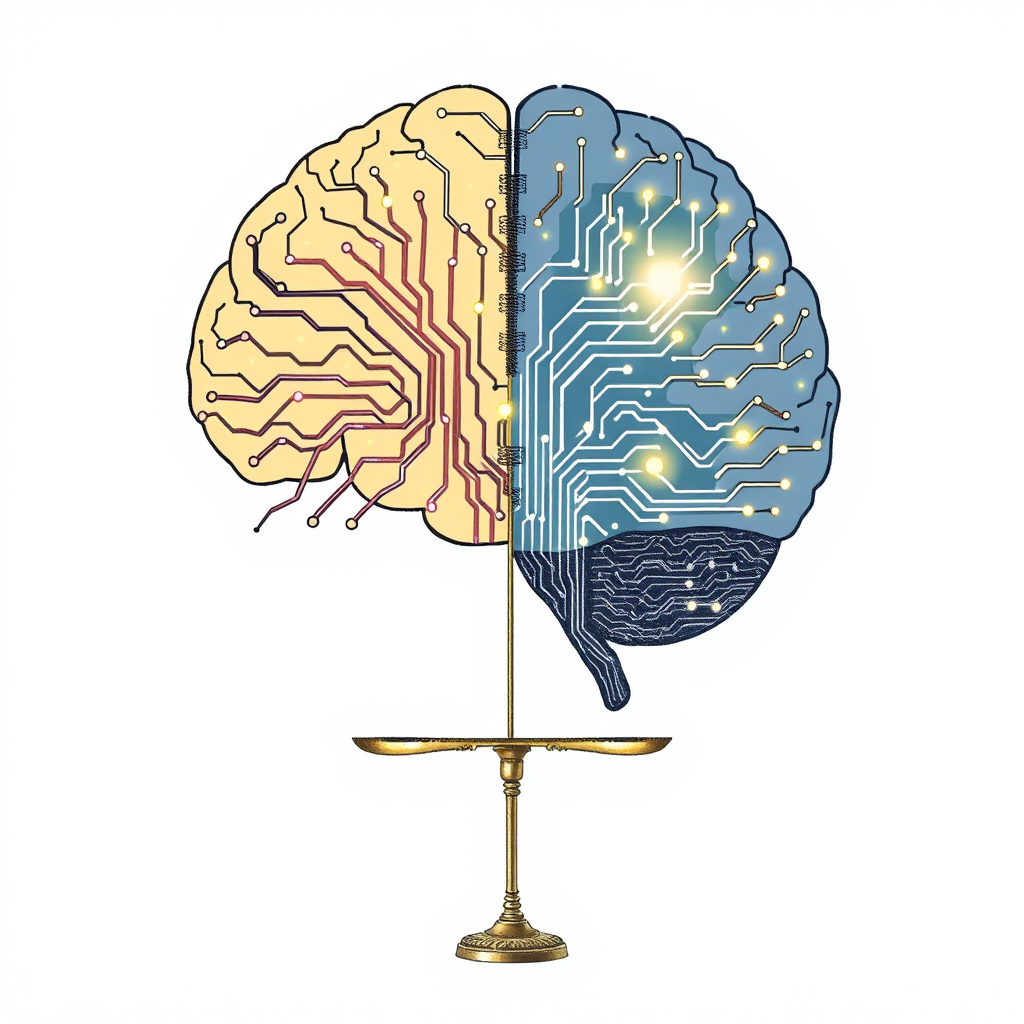Secrets of lasting relationships revealed by experts

The escalating concerns surrounding the increasing prevalence of artificial intelligence and its potential impact on various facets of life have sparked a robust debate among experts and the public alike. Recent discussions highlight both the transformative possibilities and the inherent risks associated with rapidly advancing AI technologies.
Many professionals emphasize the potential benefits, envisioning AI as a catalyst for innovation across industries like healthcare, education, and environmental sustainability. AI-driven tools could revolutionize diagnostics, personalize learning experiences, and optimize resource management, leading to significant improvements in quality of life. However, alongside these optimistic projections, a growing chorus of voices is raising critical concerns about job displacement, algorithmic bias, and the ethical implications of increasingly autonomous systems.
The potential for widespread job losses due to automation is a particularly pressing issue, with experts warning that millions of workers could be affected in the coming years. Furthermore, the inherent biases present in the data used to train AI algorithms can perpetuate and even amplify existing societal inequalities, leading to discriminatory outcomes in areas like loan applications, criminal justice, and hiring processes.
Ethical considerations surrounding autonomous weapons systems and the potential for misuse of AI-powered surveillance technologies are also gaining prominence. The lack of transparency in many AI algorithms – often referred to as the “black box” problem – makes it difficult to understand how decisions are made, raising concerns about accountability and fairness.
The need for proactive regulation and ethical guidelines is becoming increasingly urgent. Many experts advocate for a multi-stakeholder approach involving governments, industry leaders, and civil society organizations to develop frameworks that promote responsible AI development and deployment. Key areas of focus include ensuring data privacy, promoting algorithmic transparency, and establishing clear lines of accountability.
The conversation also centers on the importance of investing in education and workforce retraining programs to equip individuals with the skills needed to navigate the changing job market. Furthermore, fostering public understanding of AI and its implications is crucial to ensure informed decision-making and prevent the spread of misinformation.
Ultimately, the future of AI hinges on our ability to harness its potential for good while mitigating its inherent risks. A collaborative and forward-thinking approach is essential to ensure that AI benefits all of humanity, rather than exacerbating existing inequalities or creating new ones. The discussion isn’t about halting progress, but about guiding it responsibly and ethically.